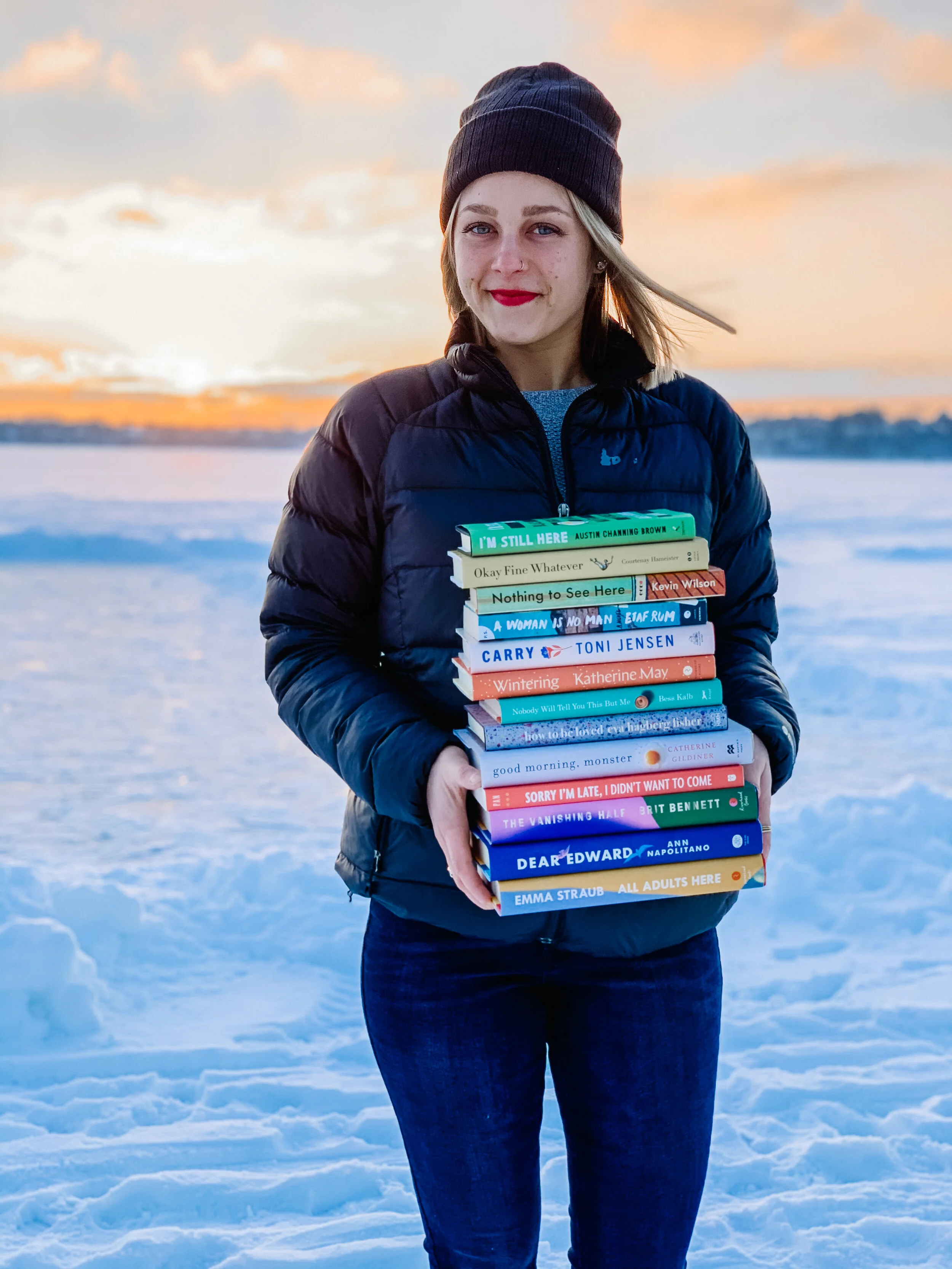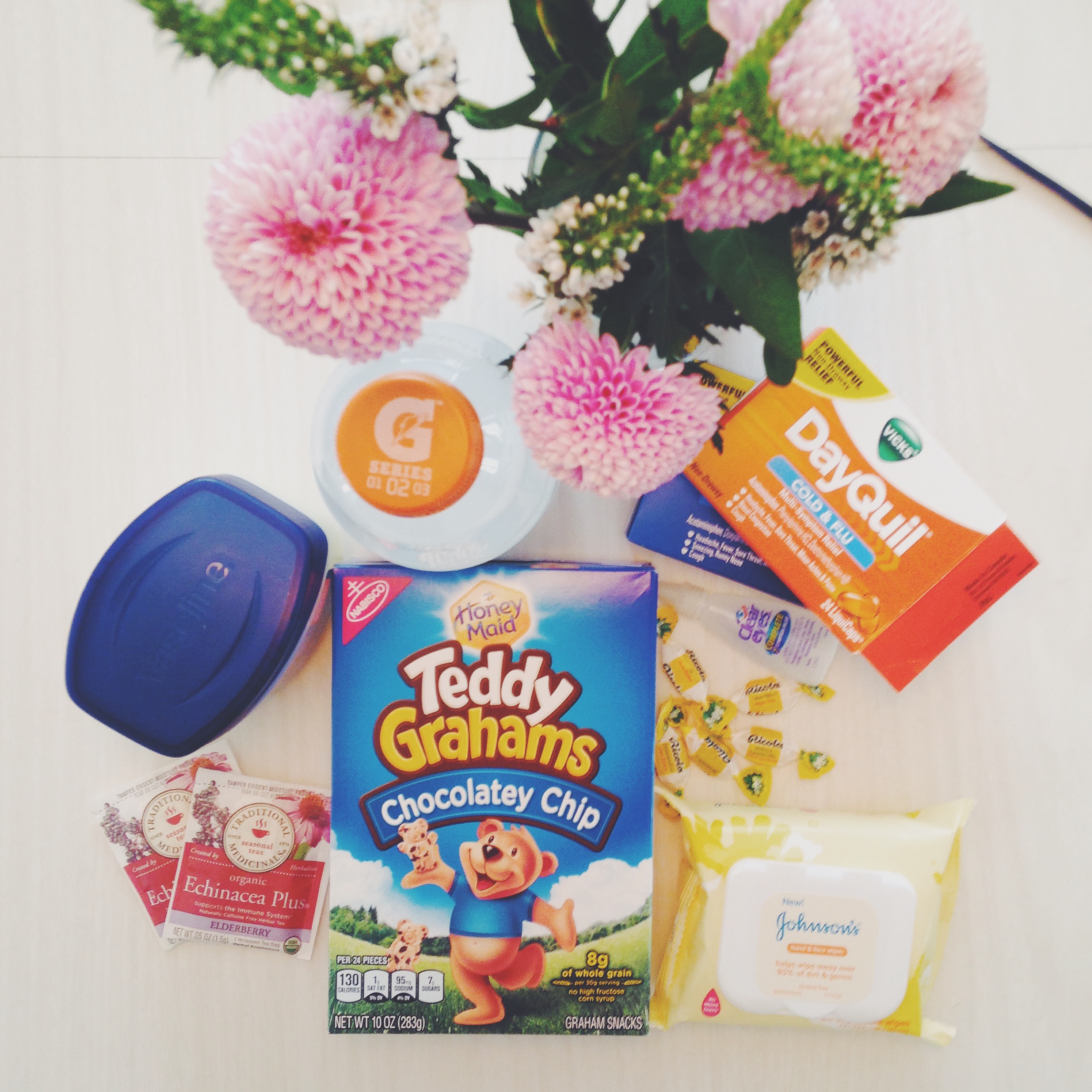30 before 30 :: the books
/I’ve always loved reading but, like many others, college reading and assignments forced me to stop reading for fun. I rediscovered reading in the latter part of my 20s, ironically, when I was working full-time and in grad school full-time. My job required too much of me, and grad school on top of that was depleting my humanness. I ached for time to myself, not having to worry about how 18-year-olds’ choices affected my sleep or how APA citations impacted my grades.
I started reading again, sometimes waking up at 5:30am to get an hour in before I had to start on that paper or respond to that duty call. It was time just for me, before the rest of the world woke up and required something of me. I have vivid memories of sitting on my couch in my apartment on the 9th floor of Ondine Residence Hall, reading a book and watching the sun rise out my window.
Reading doesn’t feel like fun anymore, like just a hobby or a pastime. Reading has saved me from nights of loneliness, especially in this last year of the pandemic. It’s helped me witness lives outside of my own, pushing me to acknowledge my privilege and power and the shitty systems in our world. And every book, in some way, has stretched me to learn new things about myself. Books are crucial to my life, a requirement that allows me to show up better in the world. It sounds dramatic, but dang — it’s true. Just like I need a cup of coffee in the morning, I’m a better human when I make time to read.
The circumstances of my 20s were the perfect conditions for reading as much as I did: I was single for most of this decade and lived alone for most of it, too. I leaned into my introverted side and preferred Friday nights curled up on my couch with a book. I became a morning person and learned to wake up a few hours before work, with nothing to do except what I chose.
My reading habits will change in this next decade, I’m sure of it. I hope that one day, I have a partner whom I live with, who goads me to put down my book to watch his favorite movie for the fifth time or who whisks me off the couch on a Friday night. I hope that one day, I will have children running around my house who will steal away my morning peace, but give me the opportunity to reread the Junie B. Jones series.
Maybe this next decade will allow room for all of it. The quiet and the chaos, the solitude and the family, the time to read squeezed alongside the rest of life’s big, messy moments. I’ll hold onto both possibilities: grateful for the books I’ve read so far, hopeful that there will be many, many more.
And so: here are the best books I’ve read in the last decade. Like choosing songs, narrowing these down was hard. If I’ve counted correctly, I’ve read over 330 books since 2011. I only know that fact because I’ve kept track of every book I’ve ever read in a Google Spreadsheet, which made it easy to remember and also reminded me that I’m a little bonkers.
Memoir:
Tiny Beautiful Things x Cheryl Strayed
Untamed x Glennon Doyle
Between the World and Me x Ta-Nehisi Coates
Gift from the Sea x Anne Morrow Lindbergh
When Breath Becomes Air x Paul Kalinithi
The Bright Hour x Nina Riggs
Maybe You Should Talk to Someone x Lori Gottlieb
How We Fight for Our Lives x Saeed Jones
On Writing x Stephen King
Nonfiction:
Love Wins x Rob Bell
Bird by Bird x Anne Lamott
The Crossroads of Should and Must x Elle Luna
Attached x Amir Levine & Rachel Miller
Daring Greatly x Brené Brown
The Road Back to You x Ian Cron & Suzanne Stabile
Missoula x Jon Krakauer
Eaarth x Bill McKibben
Bad Feminist x Roxane Gay
Fiction:
The Poisonwood Bible x Barbara Kingsolver
Americanah x Chimamanda Adichie
The Round House x Louise Erdrich
All the Light We Cannot See x Anthony Doerr
Gilead x Marilynne Robinson
Eleanor Oliphant is Completely Fine x Gail Honeyman
Where the Crawdads Sing x Delia Owens
The Invisible Life of Addie LaRue x V.E. Schwab
Poetry:
Devotions x Mary Oliver
Milk and Honey x Rupi Kaur
Citizen x Claudia Rankine
Good Bones x Maggie Smith



